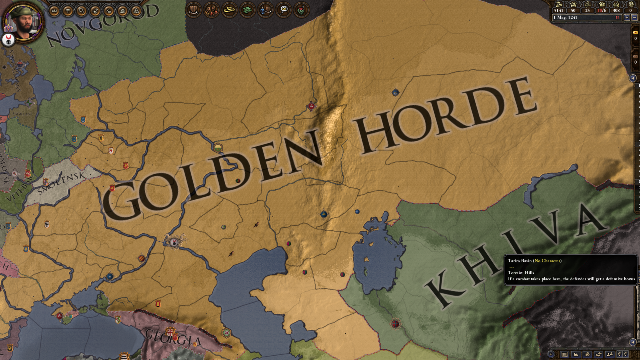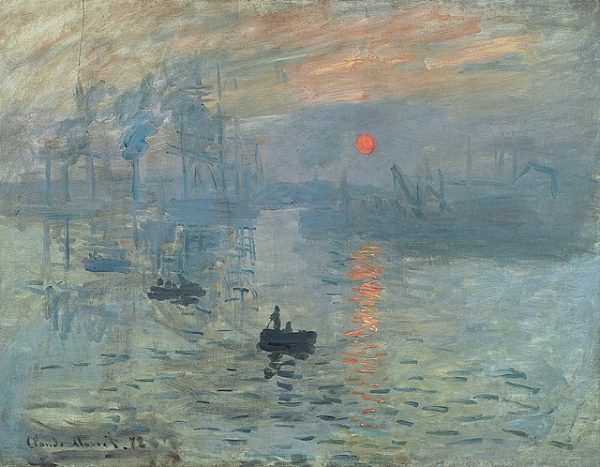From the Nuclear Gandhi to the Scottish Empire: How Gaming Can Spark Another Hobby
The battle seemed inevitable; 21,000 enemy troops descended upon my capital city, defended by only 13,000 men, on three sides. The last bastion of my once-great empire seemed to be on the verge of collapse. The enemy forces built enormous ladders to scale the walls with. The opposition scaled the ladders like frightened rats, swarming up the walls of my last city. My forces stood to greet them. Despite having a massive numerical disadvantage, my forces refused to grant the barbaric invaders an inch of land. The enemies were numerous but ill-trained. Most of them were barbarian peasants who had never lifted a sword before. By comparison, my troops spent years learning the art of combat. Their training paid off as they forced the opposition from the walls, saving my empire.
Anyone who has played Civilization, Crusader Kings, or Total War knows the feeling of a well-executed plan all too well. Perhaps the exact details of the plan differ; in Crusader Kings, the plan might involve placing your son on the throne of both England and France, while in Total War the plan will likely have a more militaristic approach. The one thing that all these games have in common is that they involve a great deal of strategic planning. These games, for some, can just be a fun flex on the mind. For others, they can be a gateway to a passion for something greater.
One day, when I was little, I came downstairs to see my dad on his laptop, a game of Civilization IV loaded. He was playing as Egypt, using chariot archers to defend his territory against Indian war elephants. After a bit of questioning on my part, he explained that in games like these, there is a large level of long-term as well as short-term strategic planning. Where do you want to be by the time your empire hits the industrial age? What about the Renaissance? What about the Age of Discovery? What will you do when you hit the Industrial Revolution? Of course, I was eager to play. I hopped in the tutorial level as Rome, learning the basic gameplay, building up the small city of Rome in the arctic tundra. I remember that when all the “civilizations” in the game constructed nuclear weapons, India, led by its most famous historical figure, Gandhi, went on a nuking spree, blowing up my capital, half of England, and all of Russia. This game opened up an interest in the more strategic games, and now, most of my games are strategy games.
I particularly enjoy strategy games based in historical times, such as Crusader Kings II or Europa Universalis IV. The game mechanics were fun, of course, but there was something else to it: I enjoyed affecting history. It was interacting with history in a way that schools could never do. I started to enjoy history more, now that I approached it from a much different perspective. What if something else happened differently? What if Adolf Hitler was more tolerant towards Slavs? What if Scotland succeeded in establishing its colony in what is now Panama? What if a young boy named Jesus of Nazareth died of Pneumonia at a young age? I became interested in those historical “what-ifs” of alternate history.
The thing is, I did not learn to love alternate history through our education system. History class always bored me, but I was still always making A’s. I was good at it, but it did not interest me. My interest in games based off of history sparked my love for “what-if?” Perhaps gaming can offer a different look at many different aspects of life. In school, history is boring, and the class seems to drag on forever. In games, it is a much different story. This shows how valuable certain media forms can be to us, as multiple points of view on a subject are usually beneficial. This is where some video games can help us find new hobbies by giving us a very different lens on the same subject.

John Charles “Jack” Scott is a senior at North Forsyth High School in Cumming, Forsyth County, Georgia, United States, North America, Northern Hemisphere,...












